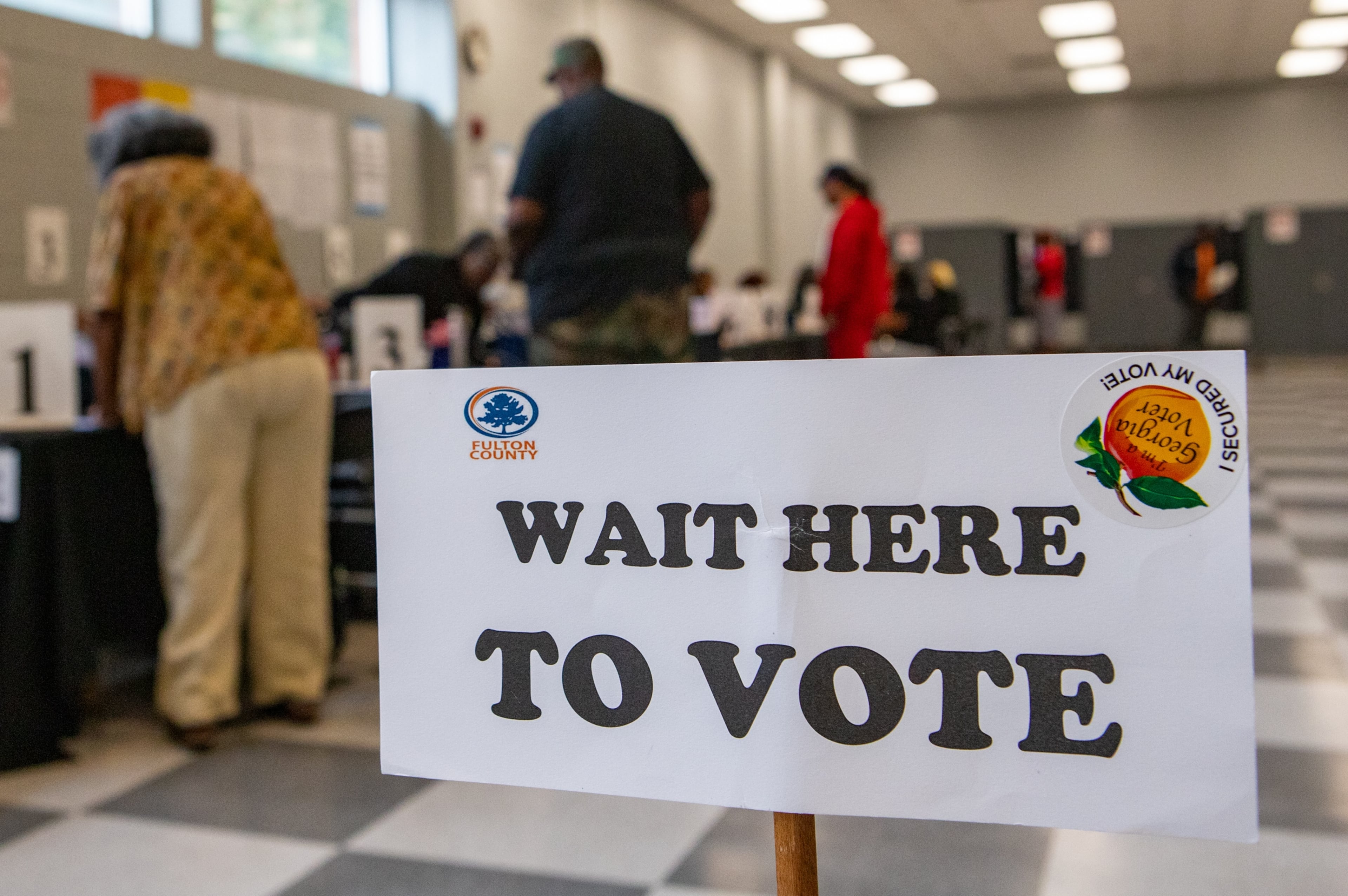Judge rules against allowing Kennedy, three others on Georgia’s presidential ballot

A judge has recommended Robert F. Kennedy Jr. not be given a spot on Georgia’s presidential ballot, citing questions over Kennedy’s New York residency.
Chief Judge Michael Malihi of the Georgia Office of State Administrative Hearings issued his decision Monday recommending Secretary of State Brad Raffensperger deny ballot access to Kennedy after determining the independent candidate does not live at his New York address that he used to file his nomination petition.
Additionally, Malihi agreed with Democratic Party-backed challenges that Socialist candidate Claudia De la Cruz, Georgia Green Party’s nominee Jill Stein and independent candidate Cornel West had not met qualifications to appear on the Georgia ballot.
Provided that Raffensperger accepts the court’s recommendations, the rulings narrow what had been a crowded presidential field to three: Democrat Kamala Harris, Republican Donald Trump and Libertarian Party candidate Chase Oliver.
Of the four long-shot candidates, the most recognizable was Kennedy, who last week announced he was suspending his campaign and endorsing Trump. In a news conference in Phoenix, Kennedy said he would voluntarily withdraw his name from the ballot in battleground states, but the campaign had not done so ahead of the ruling.
Malihi sided with Democratic Party-backed challenges that Kennedy is not qualified to land a spot on the ballot because he does not live at the Katonah, New York, address used on his nomination petition.
“The facts presented to the court concerning the Respondent’s domicile overwhelmingly indicate that the Katonah Address is not, and never was, the Respondent’s bona fide residence,” Malihi wrote in his decision.
Kennedy resides in Los Angeles with his actor wife, Cheryl Hines, which conflicts with a constitutional prohibition against having both the presidential and vice presidential nominees on a ticket residing in the same state. Kennedy’s running mate, Nicole Shanahan, also lives in California.
Malihi also determined that Kennedy, De la Cruz and Stein improperly submitted their petitions to qualify for the state ballot. The judge found that West’s application and 8,075 signatures from Georgia voters were properly submitted, but in a separate ruling found that the presidential electors backing West’s candidacy were not properly qualified.
Malihi’s decision is under review by the secretary of state’s office for a final ruling on who will appear on the state ballot.
President Joe Biden beat Trump in Georgia by fewer than 12,000 votes in 2020. In what could be a close race this year between Trump and Harris, independent and third-party candidates could make a difference in November.



